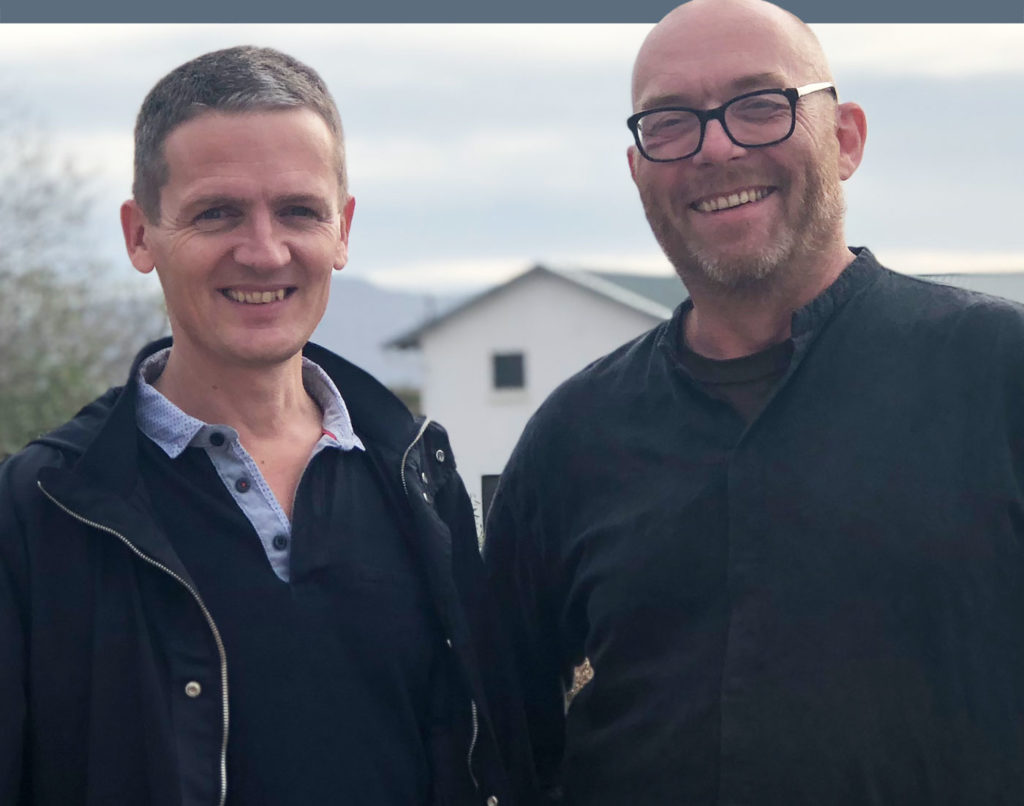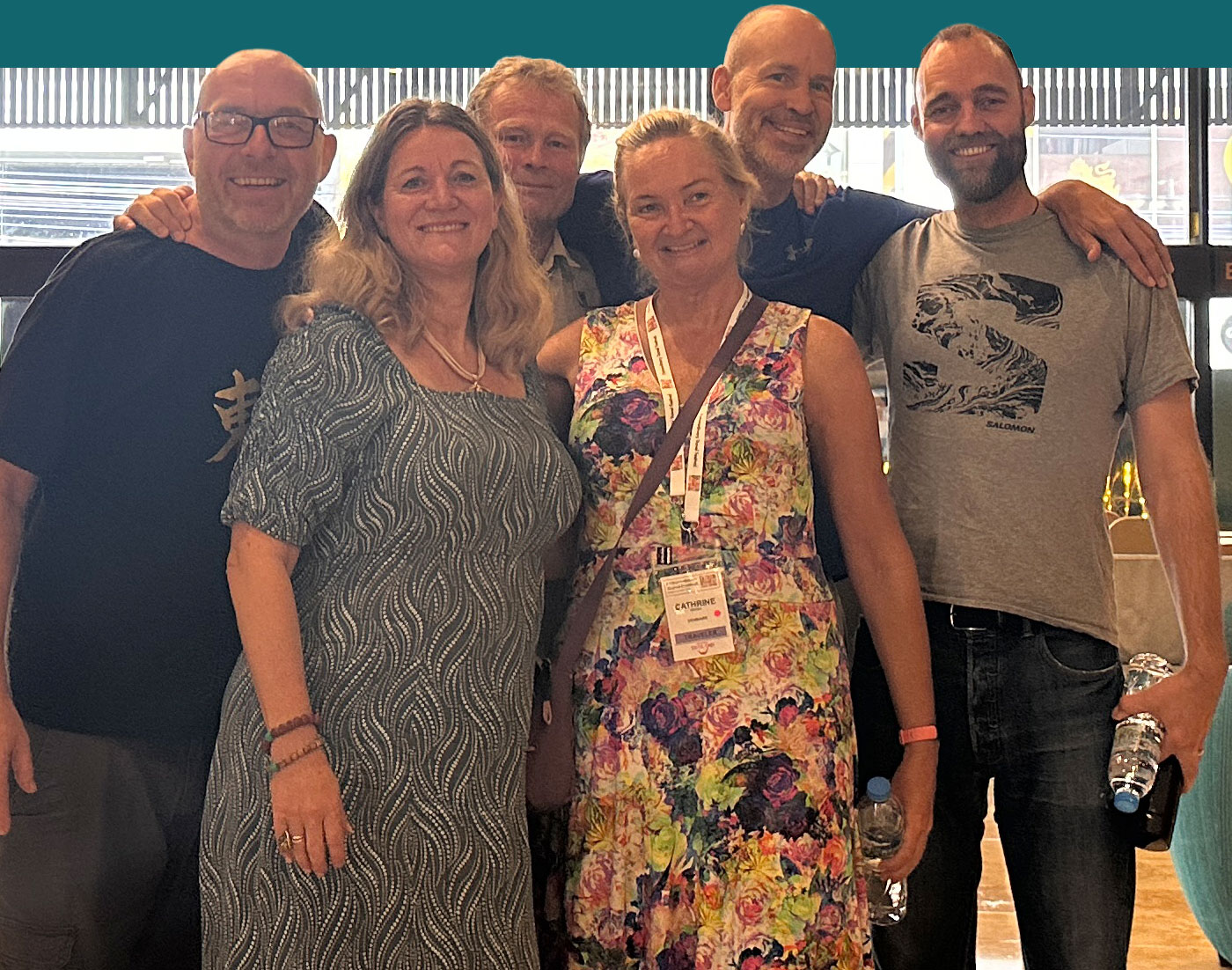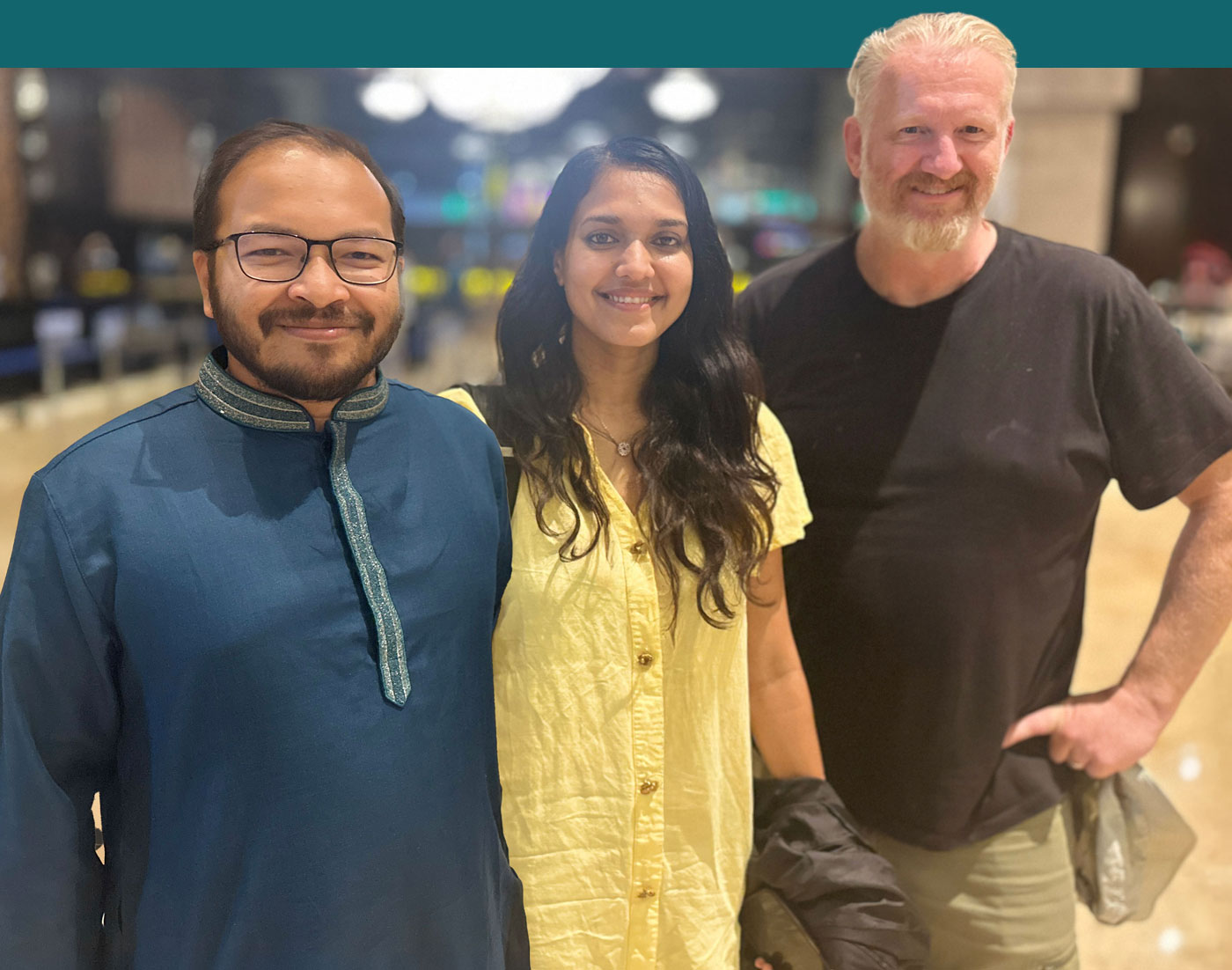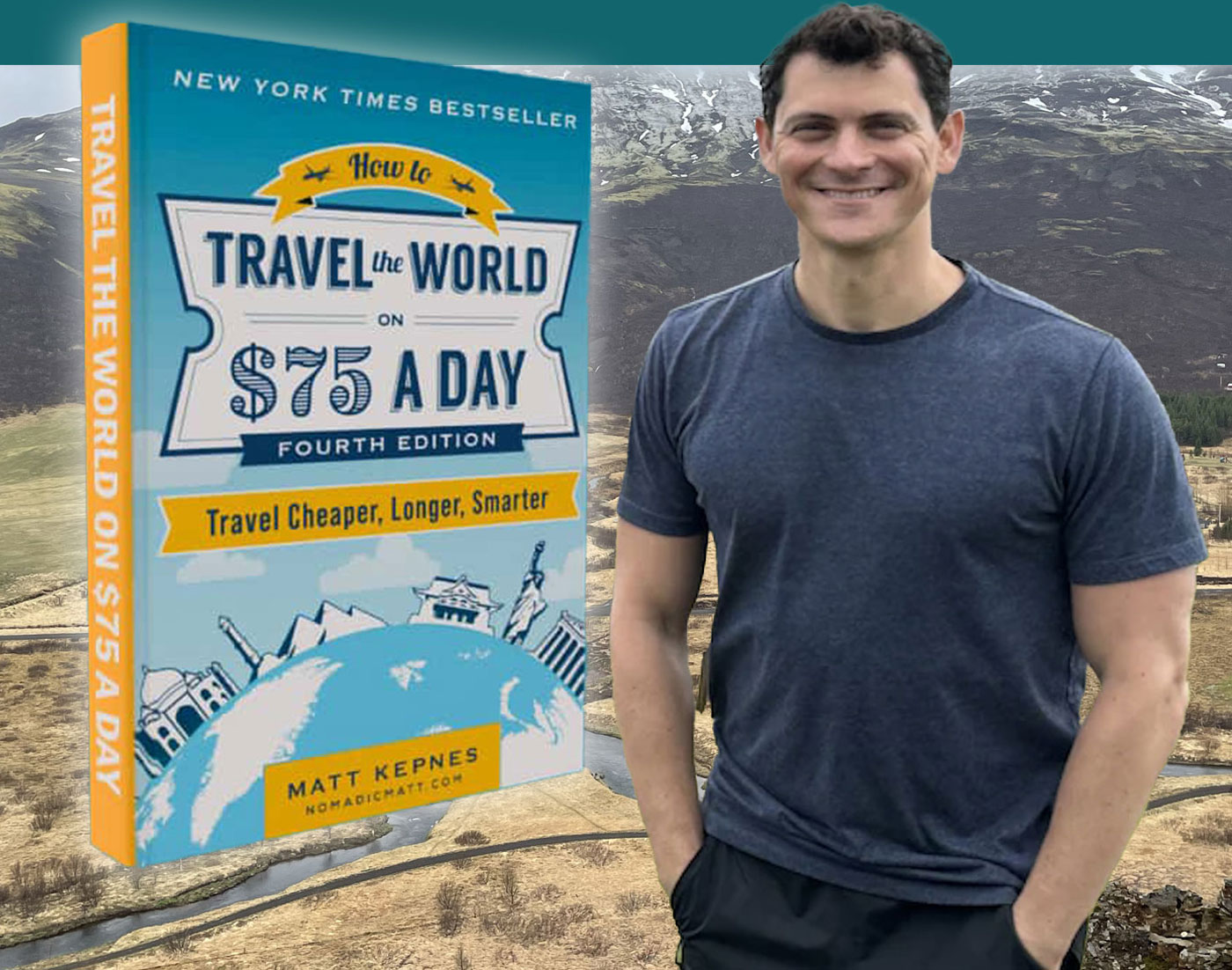Mholo again from Cape Town.
Welcome to Part II of my visit to Vulamasango Orphanage, a non-profit organisation which opens its doors to orphaned and vulnerable children from the townships of Cape Town, providing them with a new home and a shot at a brighter future.
If you haven’t yet listened to Part I or read the blog post then I suggest doing so before continuing so you have the complete background for this episode. Go on, I’ll wait…
Up to date? Great! Let’s jump back into it.
We pick up our conversation with Vulamasango’s founder and CEO Floria Kraemer right where we left off in the previous episode, where Florian is about to tell me more about his dedication to saving the lives of the underprivileged children of Cape Town.
Florian tells me about a girl from the orphanage and how far he went to try to help her situation – a situation which unfortunately many young children in South African townships face.
Her mother was an alcoholic and was unfit to care for her. Florian noticed the decline of the young girl’s mother and took the decision to take action – a decision that would change the course of the young girl’s life.
Florian remembers having to constantly drive to the shack of the young girl in the middle of the night where her mother was always completely drunk in order to get her to sign certain legal documents for the child. The mother never even cared for what she was signing. After having to do this so many times Florian realised he had to take action. He then decided to legally adopt the child as he knew he would be better fit to care for her. She is now Florian’s legal foster child and lives at Vulamasango with an opportunity for a new life.
After hearing that story I realise just how passionate Florian is about helping the children of Cape Town.
TOUR OF THE ORPHANAGE
Florian then takes me on a walking tour of the orphanage where I see the faces of happy children with troubled pasts in a safe, clean and protective environment. It is a beautiful thing to see. The orphanage takes in children of all ages and each building houses the various age groups of children.
There is even an Adult House, where children who grew up in the orphanage still stay during their holidays from university, and help out as volunteers at the orphanage. The South African government assists students with good grades by giving them bursaries to attend universities, including monthly financial grants for housing and food. Florian and his team helped secure many university positions for the children of Vulamasango.
CAPE TOWN TOWNSHIP LIFE
Florian tells me more about life in the surrounding townships, where over a million people (estimated) live closely together in shacks and informal housing. The shacks are made out of tin roofing and are extremely small and cramped, with the average shack housing between 3-6 people. Water and sanitation is extremely poor and violence born out of a lack of economic opportunity is rife here. To be honest, it is not a place I would like to find myself when the sun goes down.
Langa is one of the first townships set up in apartheid-era South Africa in the 1950’s. It originated as a male-only township as only men were permitted to travel to the cities in search of work.
Florian tells me about the difference between a township and a squatter camp. A township refers to a suburb set up by the apartheid government to house the African population in Cape Town. It had roads and some government-funded housing. Nyanga and Langa are examples of South African townships. Squatter camps are, as the name implies, areas where people set up their own informal settlement housing on government land without permission. However, South African laws state that once an informal structure is created the occupants become squatters and can therefore not be legally removed from the area. These areas have very little government assistance and the population is left to fend for themselves – no roads or toilets or electricity. Khayelitsha, bordering Vulamasango orphanage, is the country’s largest squatter camp.
SHOCKING STATISTICS
According to Florian, South Africa has some shocking statistics.
“South Africa has both the highest rate of HIV infections and rape cases in the world. And until recently, South Africa also had the highest rate of murder in the world, too”.
But Florian tells me how the government is fighting against the spread of HIV in the country by providing free anti-retroviral medication to people, among other various medical and social infrastructure.
Florian goes on to tell me about the country’s extremely high teenage pregnancy rate despite the fact that condoms are free and distributed widely across the entire country.
Not only do condoms prevent the occurrence of many teenage mothers, but they also help with preventing the transmission of HIV/Aids. But the majority of the impoverished communities simply don’t use them. And this is something Florian doesn’t understand – even after living here for so many years.
“I honestly cannot answer why the people do not make use of the free condoms. Sex education is taught in every school in the country so most are aware of the risks. So it is not an education issue. Many people say that it comes down to a cultural issue. But people witness their friends and relatives dying of Aids all around them, so I don’t know why they don’t take the necessary precautions.”
In an attempt to reduce teenage pregnancy and risk of HIV/Aids transmission, Vulamasango has 2 strict rules the children must adhere to for their protection.
Because the schooling and social programs are free for the children there is a long waiting list of children hoping to be able to attend Vulamasango, so they want to encourage only the motivated children to attend . So Florian and his team have no problem issuing these rules to the children: the first rule is that the children must come to the orphanage everyday as a way of providing structure and also to maintain their academic routine. The second rule is that young girls cannot fall pregnant.
“The second rule is important as teenage pregnancy is completely avoidable – the government provides free condoms and birth control. Most of the girls fall pregnant at 13-15 years old and so they cannot support the children, and many are placed for adoption. This is a cycle we hope to break in order to give these young girls an opportunity at a better life”.
FUNDING
Vulamasango is aided by the German fundraising entity Positiv Leben, however donations in any form are always greatly appreciated as there is so much work to do, according to Florian. Vulamasango is looking for ‘members’ who provide regular small monthly donations of around €5-20 which the orphanage can rely on to help with running costs. Of course, once-off donations are always greatly appreciated too.
If you would like to become a monthly donating member of Vulamasango, or if you would like to provide a once-off donation, please visit their website.
Imagine how many lives Florian and his team at Vulamasango have saved so far, and how many they will continue to save. You could play a major role in helping positively change the lives of Cape Town’s underprivileged youth by donating to Vulamasango as I have.
It has been so amazing to meet Florian, or Father Flo as the kids call him. He is truly a man with a calling and an inspiration to us all.
UPDATE: COVID-19 IN SOUTH AFRICAN TOWNSHIPS
This episode was recorded before the Corona outbreak. If you’re like me you may be thinking about what’s going on right now in Khayelitsha, the squatter camp next to the orphanage and the other townships in Cape Town. And what about the orphanage itself? Is it still running as usual?
I heard an expert say today that roughly 60-70% of the entire population of South Africa will get the virus at some point, and I’m thinking that it will be next to impossible to prevent it from spreading like wildfire in the townships. They live so close to each other and self-isolation is impossible. They have to go out and try to make money to feed their families and might very well be forced to ignore the precautions.
Followup interview with Florian
When I returned to Cape Town I wanted to catch up with Florian to see how his orphanage is doing. Here’s is the latest news from Vulamasango:
- Vulamasango is now fully registered as a Child and Youthcare Facility which means that they are now fully supported by the government during the pandemic.
- They had to suspend Vulamasango’s aftercare project due to the pandemic. This was an external project where children would come after school and would be fed and helped with their homework and given the opportunity to play sports and music.
- Vulamasango is in complete lockdown so the children are not permitted to go to foster families on weekends and holidays unfortunately in an attempt to stop the spread of the virus.
- They had to reduce their staff to half, with non-essential workers receiving full pay and the remaining essential workers still operating receiving 1.5 of their full pay as compensation for working during the pandemic.
- They had to cancel the European concert tour of Vulamasango’s youth choir.
- They do not refer to Vulamasango as an orphanage any longer, they refer to it as a Child and Youthcare Facility.
- Vulamasango has hired their alumni to stay at the farm to assist us in running our social projects. This is because the German government had to recall the 6 German volunteers due to the pandemic.
- Some children at Vulamasango are HIV positive and receive their medication from clinics around the city. Florian and his team have had to resort to industrious methods to secure the medication during the lockdown.
- Even while the pandemic hits the country, the realities of poverty, violence, rape and death still remain ever-present.
Final thought
It is sometimes easy to forget that as the world collectively faces the brunt of COVID-19 the terrible issues facing communities around the world still persist. Poverty and crime do not slow down in the face of a global emergency – quite the opposite. People are more desperate in search of food and money.
Many of us are lucky that we find ourselves both physically and emotionally detached form these harsh realities facing our fellow man.
If you would like to donate to the children of Vulamasango please visit their website.
As always, I would like to thank Hotels25.com for all their assistance helping me find the best and most affordable accommodation around the world. Without their amazing support none of this would be possible.
Until the next episode, stay inside and avoid any social contact as much as you can. Remember to wash your hands regularly and please, for the love of God stop hoarding toilet paper…
Uhlale ukhuselekile.
